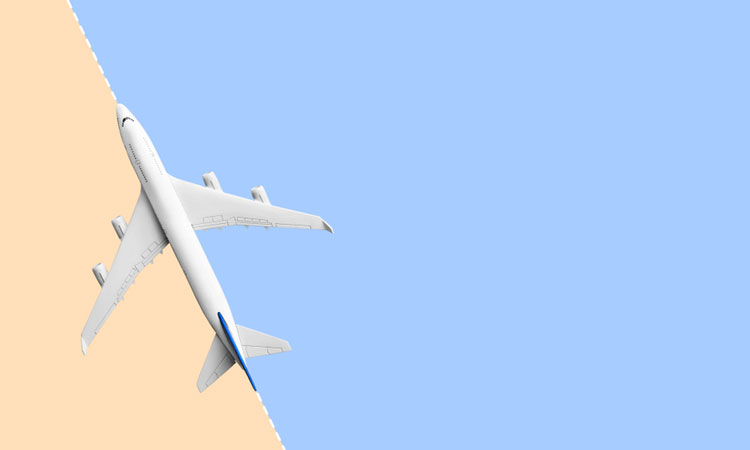CANSO brings together humans and new technology through ATM
- Like
- Digg
- Del
- Tumblr
- VKontakte
- Buffer
- Love This
- Odnoklassniki
- Meneame
- Blogger
- Amazon
- Yahoo Mail
- Gmail
- AOL
- Newsvine
- HackerNews
- Evernote
- MySpace
- Mail.ru
- Viadeo
- Line
- Comments
- Yummly
- SMS
- Viber
- Telegram
- Subscribe
- Skype
- Facebook Messenger
- Kakao
- LiveJournal
- Yammer
- Edgar
- Fintel
- Mix
- Instapaper
- Copy Link
Posted: 28 November 2018 | International Airport Review | No comments yet
CANSO has outlined the opportunities and challenges offered by new technologies and a new approach to human performance to improve aviation safety.


New technologies, such as automation, artificial intelligence (AI), and space-based surveillance will enhance safety as well as improving the efficiency of airspace. To ensure that these new technologies are embraced in a way that further enhances safety, CANSO is developing a Standard of Excellence in Human Performance Management.
Speaking at the CANSO Global ATM Safety Conference 2018 in Banff, Simon Hocquard, Deputy Director General, CANSO, said: “With the ever-increasing growth of air traffic, and the onset of new airspace users, including unmanned aerial systems, high altitude and space vehicles, and in future supersonic jets, managing airspace safely is an increasingly complex task. As the air traffic management (ATM) industry rises to meet these challenges, ensuring the highest standards of safety continues to be our number one priority.”
To help safely manage rising demand, Hocquard said that the industry should continue to proactively embrace new technologies and potentially new ways of safely managing airspace. Transformative technologies such as advanced automation, artificial intelligence (AI), and space-based surveillance can provide a clearer picture of ATM operations, and allow the industry to collect the safety data it needs to safely and efficiently manage global traffic flows. He added: “Effectively monitoring and measuring safety not only proves that yesterday was safe, or that today is safe, but that tomorrow will be even safer.”
Automation enables controllers to safely reduce separation minima and replace traditional core controller functions such as separation assurance through conflict probes and conformance monitoring. Space-based surveillance will enable tracking of aircraft in oceanic and remote areas that not presently covered. Artificial intelligence will enable real time and predictive decision making and improve flow management of aircraft.
Hocquard added: “New technology also brings challenges, including the importance of effective cybersecurity as a key feature of maintaining safe operations. From protecting our data to exchanging information regarding threats, vulnerabilities and solutions, it is vital that the aviation industry works even more closely together to safeguard operations in the digital sphere.”
He continued: “The role of the human also becomes even more important in this new digital age, as change requires people to adapt to new technologies and ways of working. As we adopt new technologies and an increasingly automated system, we are building a clear vision for the human, and ensure safe and seamless transition through effective human performance management. CANSO is therefore developing a Standard of Excellence in Human Performance Management to help ANSPs manage these changes and improve human performance. The Standard of Excellence and its implementation will be discussed in detail at the conference and will be launched in 2019.”
“Ultimately, I am confident that if we leverage new technology and enhance human performance alongside each other, we can improve safety and help manage rising demand and changing airspace and operations” he added. “To that end, we must continue to promote safety through the tools and resources we have available – capitalising on the latest technological developments and supporting our people throughout this change. We also need to further strengthen our voice to influence and ensure a safe operational environment for the aviation community, and help implement safety improvements through a targeted regional focus across the world.”
Related topics
Aeronautical revenue, Air traffic control/management (ATC/ATM), Airport development, Airside operations, Big data, Cyber-security, Recruitment and training, Regulation and Legislation


















